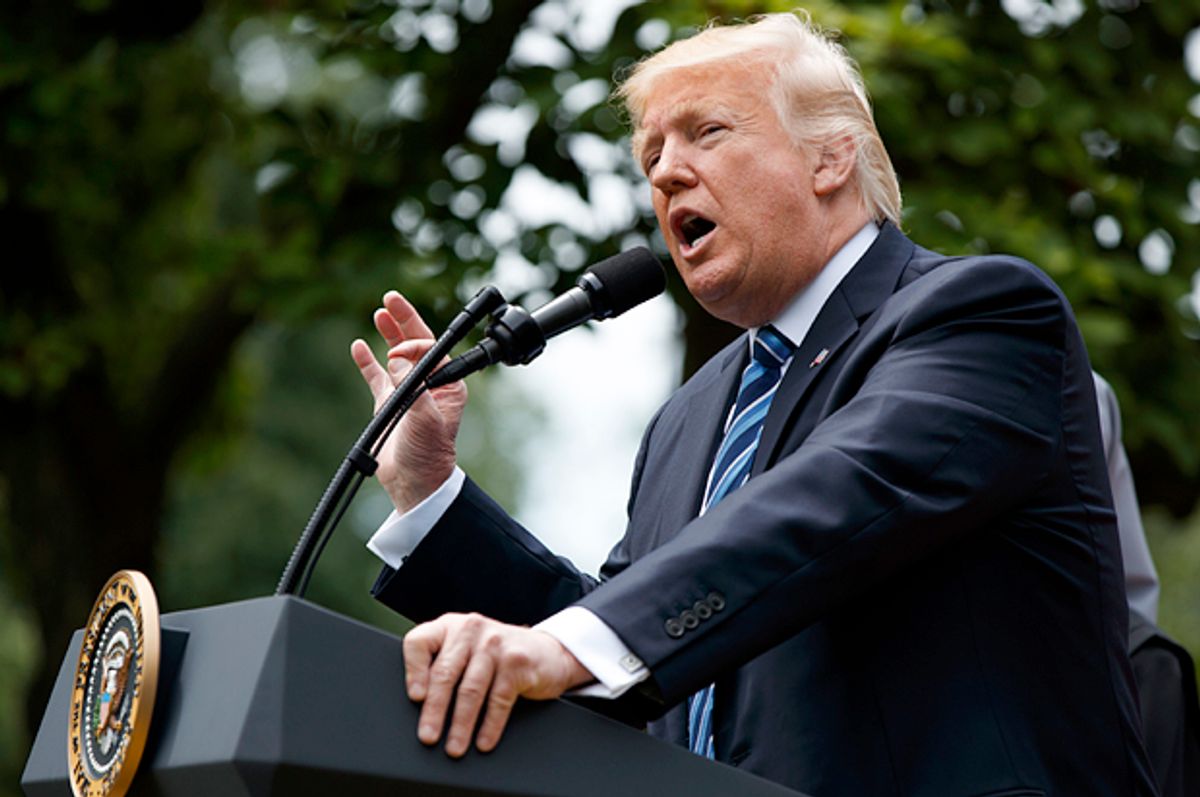Just days ago House Speaker Paul Ryan was wary about the vote count for the American Health Care Act. But after intense lobbying by Vice President Mike Pence and Ryan, 217 Republicans voted yes and the bill passed in the House on Thursday by just one vote over the 216 needed to move the legislation to the Senate.
The bill may not survive to make it to President Donald Trump’s desk, though. It faces three major challenges over the coming days: Will Senate Republicans rip it to shreds? Will Senate Democrats obstruct it to oblivion? And will the bill become so toxic that the president turns his back on it?
Part of the bill's momentum is connected to its initial fail in March; it's a move to save face for a Republican White House and Congress. Also, Trump's claims earlier this week that the bill was "not in its final form" offers Republicans some comfort that a yes vote doesn't necessarily endorse the bill's contents.
"We like the fact that it needs to be repealed," Scott Reed, chief strategist at the Chamber of Commerce, told Politico. "We need to move the process forward."
But what will the bill do beyond repealing Obamacare? Many lawmakers are worried and the skepticism continued to build in the hours leading up to the house vote. Rep. Lindsey Graham, R-SC tweeted Thursday:
Politico reported that even "Trump has expressed misgivings — particularly over fears that people will lose health care and blame him. He has spoken more about blasting Obamacare than selling his own legislation."
The general consensus among Republicans supporting it was to just get the bill passed and change things later. No one involved seems to be excited about what the bill will actually offer Americans; rather they're focused on a Republican win as the priority.



Shares